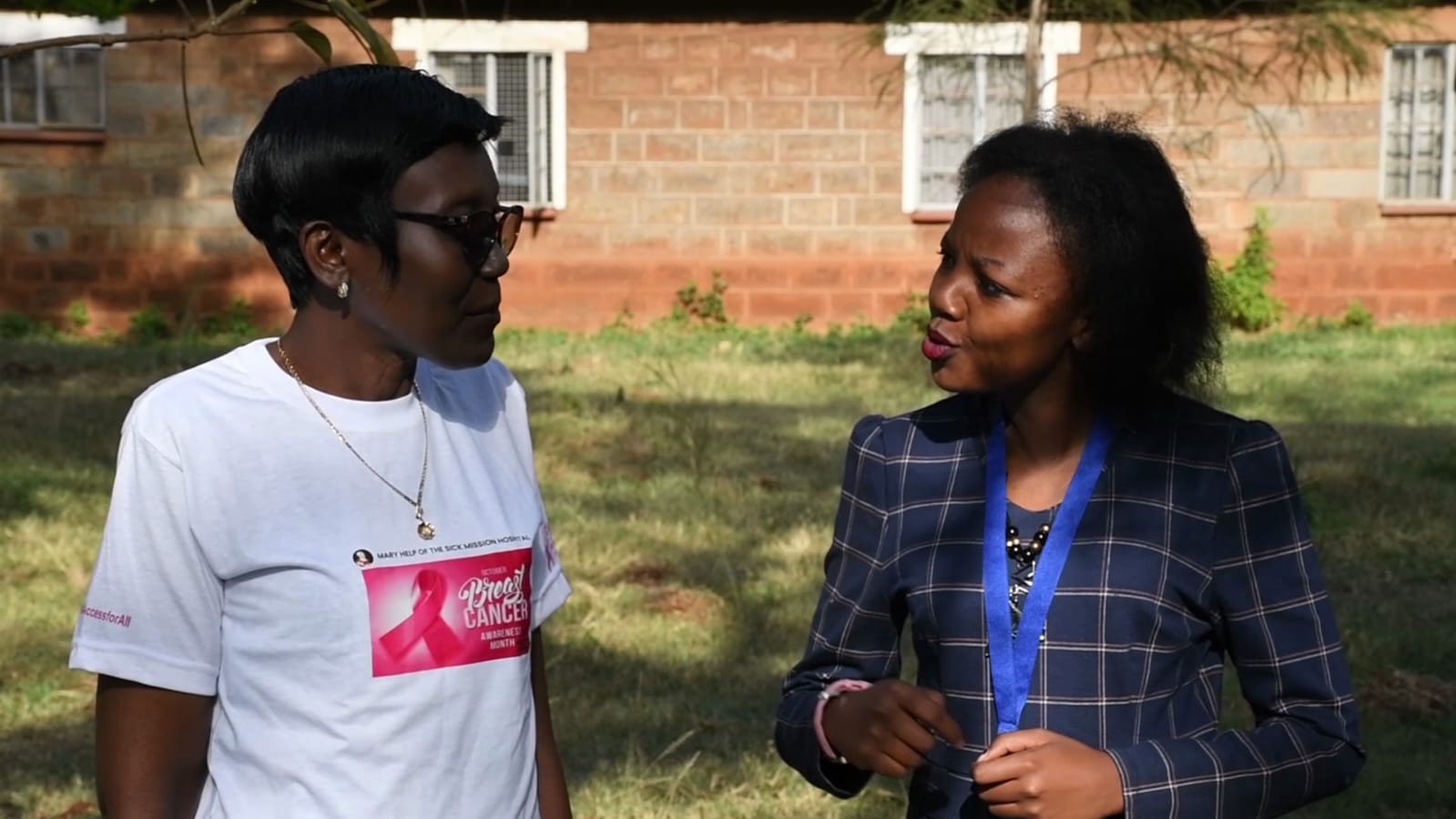Proliferation of illegal clinics and drugs’ shops in the country are posing a grave danger to patients.
For instance, in Migori County alone where such outlets are spread out up to dingy kiosks in villages, ordinary people can be seen dispensing drugs to patients over the counters without demanding for doctors’ prescription.
In many occasions, the Pharmacy and Poisons Board (PPB) officials have regularly raided these illegal clinics and drug shops, arrested their owners and arraigned them in courts but surprisingly, the businesses have continued to thrive at a higher rate in the recent years.
Consequently, experts worry that patients suffering from a disease that kills quickly such as meningitis could die if they consumed wrong drugs in the mistaken belief that it is the real deal.
A private practitioner in Awendo Town Dr. Paul Obure says that the biggest danger is posed by the unqualified persons who dispense drugs to patients over the counters.
“Some of these shops engage children to sell medicines to patients without asking for prescription notes from doctors, posing a great danger to the lives of the people,” Dr. Obure lamented.
Most saddening issue that is sending chilly fears to doctors is that in some village clinics and drugs shops, the whole business is conducted by young children who are left by their parents to handle patients over the counters when the seniors leave their precincts for other busy engagements outside.
Most frequently sold in these dingy drugs shops are painkillers such as Panadol which are hawked freely over the counters by the unqualified persons to unsuspecting patients.
The mess dogging the health sector in many parts of the country, says Dr. Obure, is also compounded by the presence of fake drugs that are dispensed in health facilities and drugs shops everywhere.
In some of these clinics and drugs shops, counterfeits have been sold as real medicine putting the lives of consumers to great danger.
A senior medical official at the Migori County referral hospital who granted us interview on condition of remaining anonymous said that the fight against counterfeits had been complicated by the Pharmacy and Poisons Board officials whom he believes were deeply involved in the scam.
“Why should this country continue to have massive loads of fake drugs when the nation has a regulator that is empowered to put brakes on bad importation?” paused the official.
He explained that for a drug to be imported, it has to be registered by the PPB and its efficacy and content tested at the Government Chemist.
Kenyans, he says, are suffering as most could not afford quality drugs and since some traders lacked ethics, they often sold cheaper products from foreign countries.
Due to the massive poverty that makes many lack money to go to better hospitals for treatment, patients are forced to resort to procuring any cheap drug from counters of the locally available village drugs outlets even without questioning who is selling the drug to him.
The dilemma in mounting serious campaigns against the illegal clinics, the unqualified drugs dispensers and the fake medicines arise from the fact that the nation lacks enough PPB drug inspectors in the field to deal with the perpetrators.
Hence the board needs to be urgently revamped with adequate human resource to deal with the menace.
At the same time, the porousness of the country’s borders is a recipe to the smooth flow of the bad drugs into the county and this requires the security to be tightened along the border points to curb the entry of the fake products.

